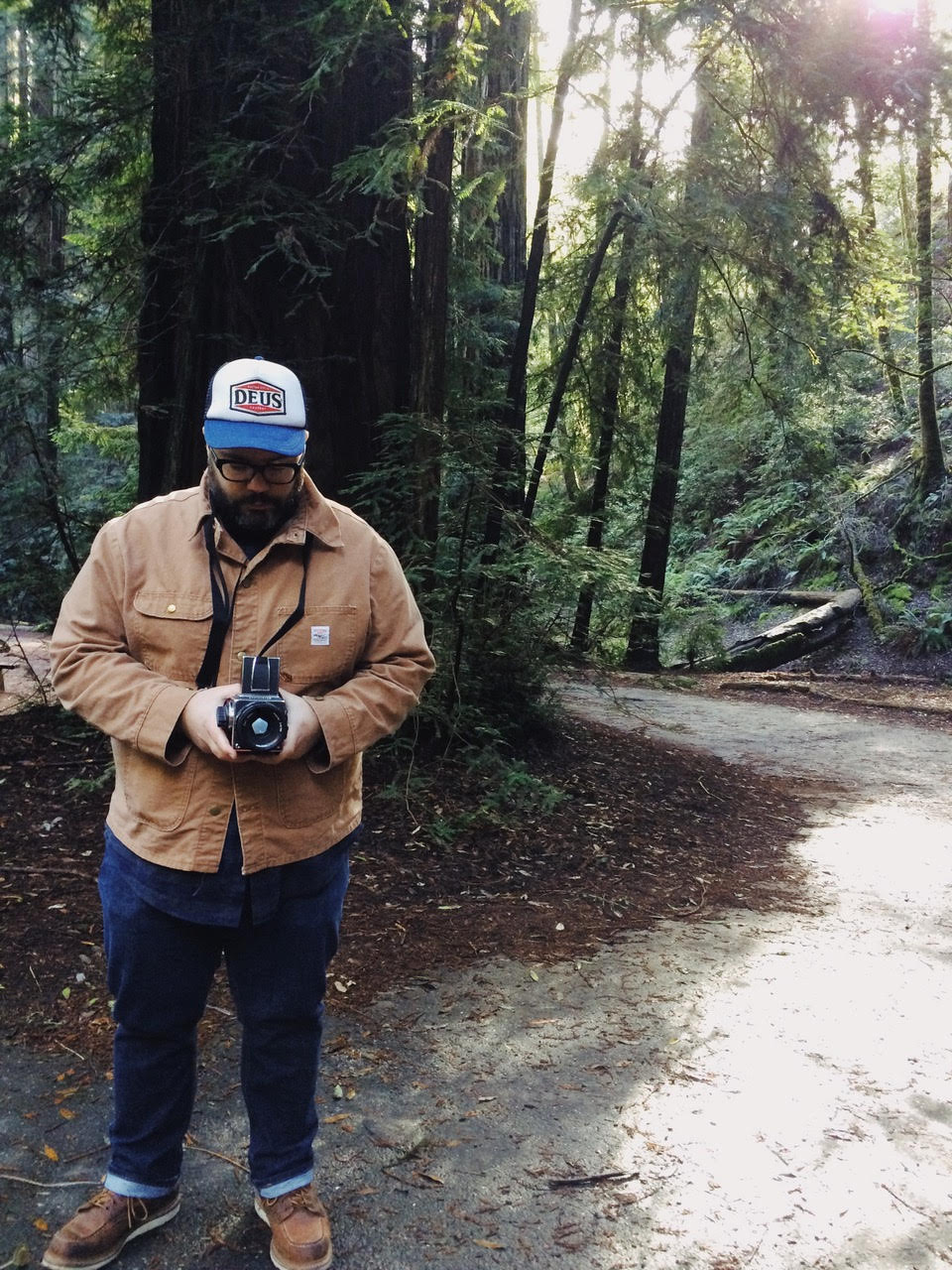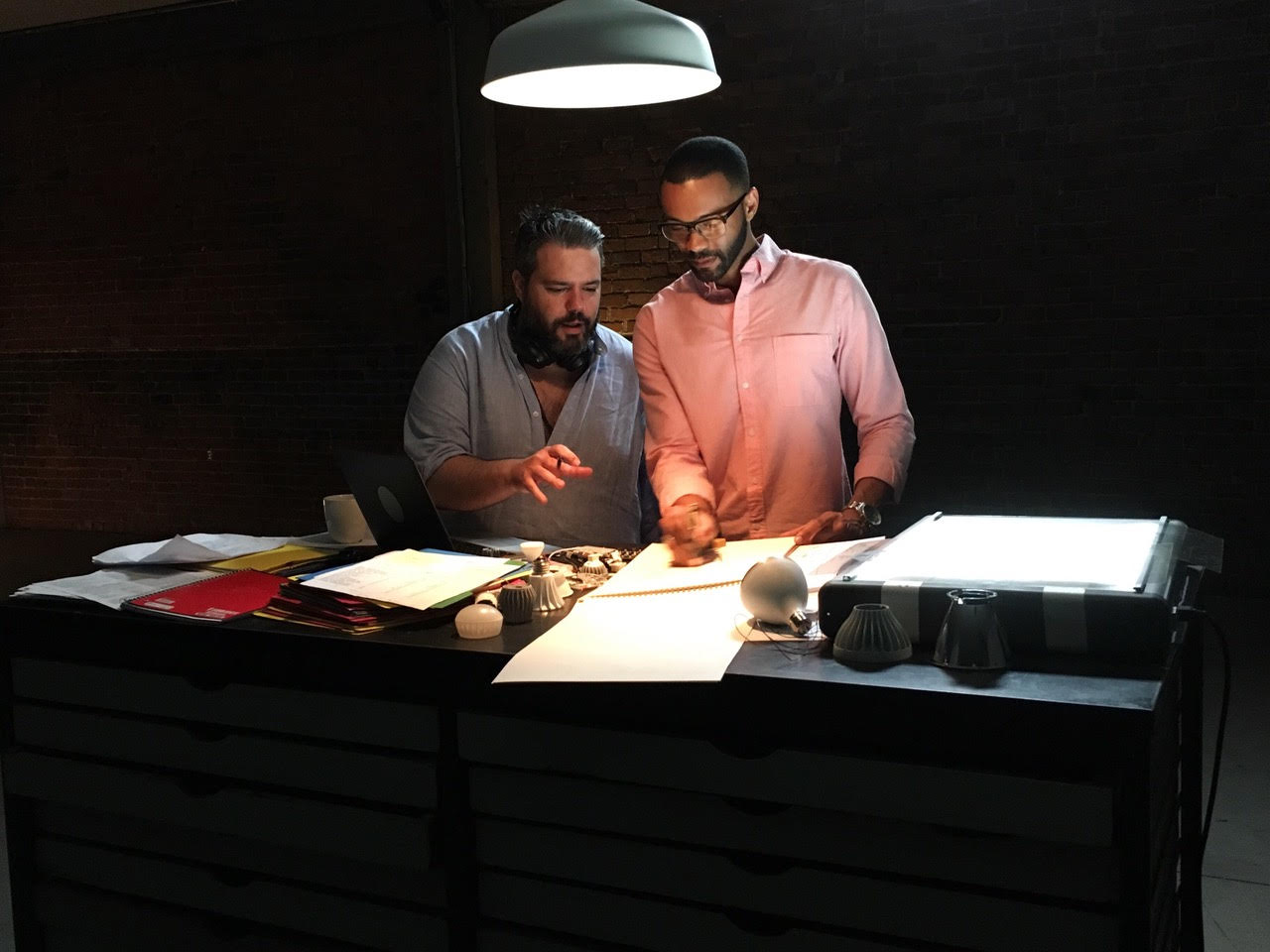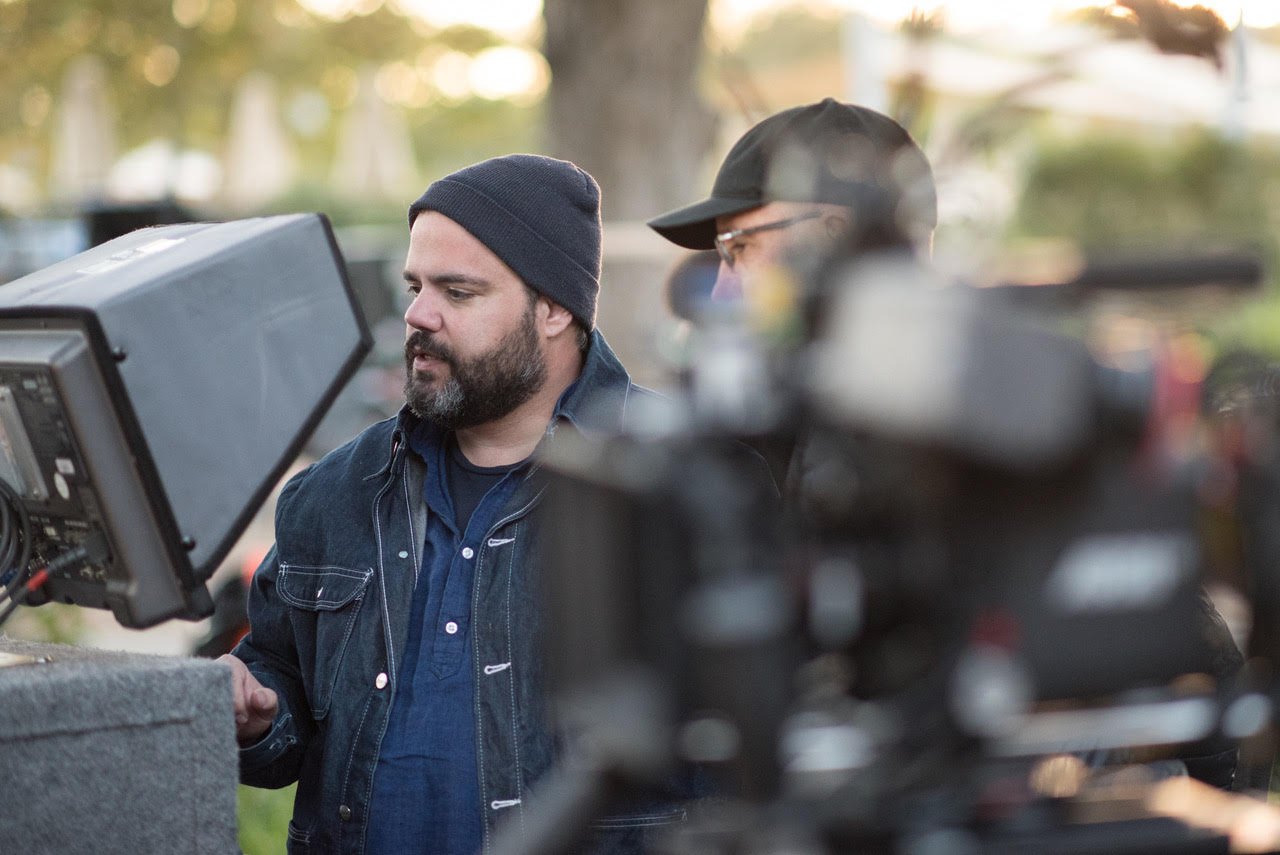

How To…Transition from Films to Commercials
Director Matthew Michaud on why advertising offers him the perfect opportunity to develop his storytelling style.
For many directors, advertising is a stepping stone to getting their work on the silver screen… but for Matthew Michaud, it was the opposite. Having launched his career as a screenwriter and worked with Universal and Miramax Films on iconic films like The Black Line and Kill Bill, he fell into advertising seemingly accidentally. Following a stint writing screenplay pitches and drafting treatments, he decided to give directing a go, realizing the style and format suited him much better.
Michaud’s web short for IAMS, Susan & Karma, 2016.
Benefits of Swapping Screenplays for TVCs
What got me excited about directing commercials was the interesting work that is currently going on in the advertising world. Unfortunately feature films are in a place where there isn’t a lot of room left for sophisticated storytelling. The sorts of movies I love are movies made for adults, like emotional dramas, thrillers and documentaries. And at the moment, there’s not a lot of these movies being made. Movies nowadays are primarily big blockbusters, like superhero films, or low-budget horror and comedy. Sadly, the world of adult-drama feature films is shrinking.
Personally, I have found an opportunity for me to do interesting and exciting creative work in the commercial world, which I love. I firmly believe that storytelling is storytelling. Whether for a big screen or for a TV spot, or VR, or a YouTube channel, it’s all still storytelling. I’m drawn to whatever venue allows me to tell the most interesting stories.

Differences Between Directing Film & Commercial
One of the biggest differences in film is that there is a lengthy development process. From the time a writer or director gets involved in a film, to the time the film is produced can take years, sometimes decades. It can be frustrating. For me, advertising and commercial directing can be more satisfying; it tends to be more of a “yes or no” world. By the time a project reaches the production company, the commercial is likely to get made. The process is a lot faster and much more rewarding.
With features, you can live with a project for even years at a time, especially if you’re writing and directing it. With directing TVCs, there’s a constant stream of fresh challenges. A director works on something for two weeks, then is onto the next one. With each new project, there’s an opportunity to tell a different story.

Challenges Entering Adland
The face of advertising is changing and no one knows where it’s going. Although there’s still a lot of traditional broadcast commercial work being done, everyone is struggling to find the best way to reach people in 2017 and beyond. As a result, we’re all scrambling to figure out what a story looks like now – be it branded content for the web; experiential stuff like installations and events put on by brands; the rise of VR and 360 video; or partnering with social media influencers.
We’re all trying to figure out what it means to advertise in a world where there are so many methods of reaching people. The biggest challenge I’ve found is in establishing yourself in a world where the business is constantly transforming.
On His Route into Adland
I came from a background of writing feature screenplays. It was such an uneven business that I began looking for different writing opportunities to fill the gaps between screenplay assignments. One of the opportunities I stumbled upon was writing treatments for commercial directors. Whenever a director is bidding on a job, they have to create a document demonstrating their creative vision. I worked with directors at different production companies and ghostwrote their treatments. The more I did it, the more I realised I liked the kind of storytelling possibilities in advertising.
I began by “directing on paper” when I was writing these treatments. But eventually I decided to do it for real, so I maxed out the credit card and shot a spec. I was fortunate to have worked for great commercial directors who became my mentors. So when I made the leap into directing, I had an advantage because of the connections I’d made through my production company clients. Writing treatments was like boot camp – before I even got behind the camera, I’d already learned lots of different approaches.

The Appeal of Commercials
Advertising resonates with the kind of storytelling I love; character-driven emotional stories.
Read the original article HERE.